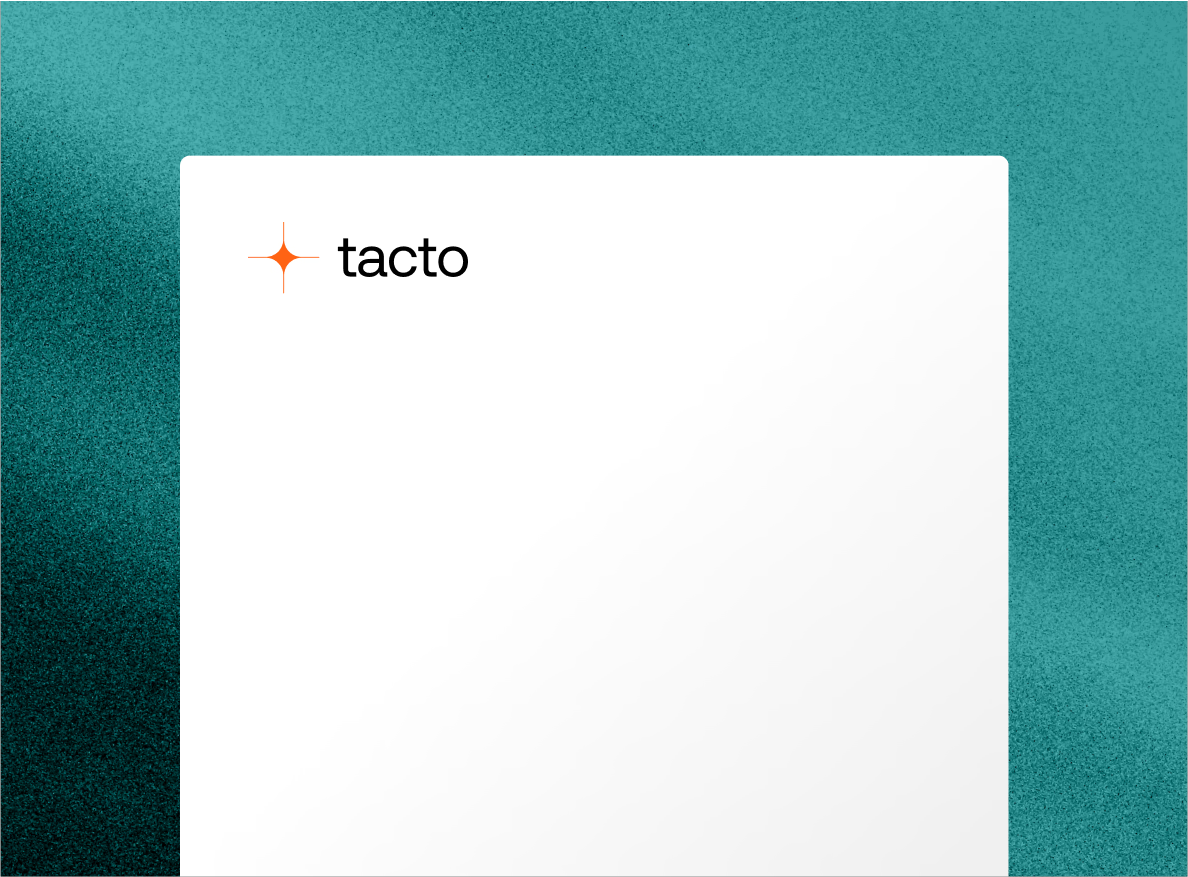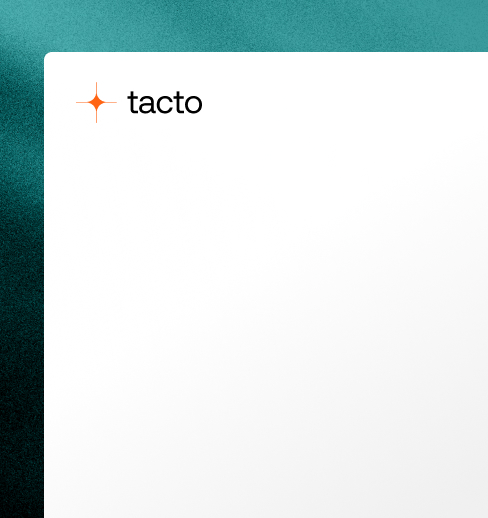Procurement Glossary
Functional costing: definition and important aspects for purchasers
Functional costing enables a systematic analysis and optimization of product costs by looking at functional relationships instead of pure components. The following overview shows how you can use this method in Procurement to identify cost drivers and develop innovative solutions.
Functional costing in a nutshell:
Functional cost accounting is a method for allocating costs according to operational functional areas such as procurement, production, administration and sales. It enables Procurement to precisely analyze and control procurement costs and identify optimization potential in the individual functional areas.
Example: An automotive supplier uses functional costing to determine that 15% of its total costs (EUR 3 million) are attributable to the procurement function, 40% of which are process costs, which leads to the introduction of an e-procurement system and reduces process costs by 25%.
Functional cost accounting in purchasing controlling
Functional cost accounting is an important instrument of operational accounting and cost accounting. It is a special form of cost center accounting in which costs are not broken down by operational areas but by operational functions. This method enables companies to analyze and control their costs according to the various corporate functions such as procurement, production, administration and sales. In today's world, where cost transparency and efficient cost management are of crucial importance, functional cost accounting is becoming increasingly important as a strategic controlling tool.
What is functional costing?
Functional cost accounting is a cost accounting method in which the costs of a company are broken down by function. Costs are allocated to individual functional areas such as procurement, production, sales, administration and research & development. The main objective is to obtain a detailed overview of the cost structures within the various corporate functions in order to make informed decisions and identify efficiency potential.
Core elements of functional cost accounting
Significance for Procurement
Functional cost accounting plays a decisive role in procurement, as it helps to present the costs of the purchasing function transparently. By allocating costs in detail, buyers can identify the areas in which high costs are incurred and where there is potential for savings. This enables targeted optimization of procurement processes, improves the negotiating position with suppliers and ultimately increases the company's competitiveness.
Functional cost accounting: From traditional cost accounting to activity-based costing
Building on the theoretical basis of functional cost accounting, this tool enables a detailed allocation of company costs to specific functions such as Procurementproduction and sales. In practice, this accuracy is essential in order to identify cost drivers and exploit efficiency potential. The increasing complexity of operational processes requires a shift from traditional cost accounting methods to function-oriented approaches in order to secure competitive advantages and make well-founded strategic decisions.
Old: Traditional cost accounting
Traditional approach: Traditional cost accounting focuses on recording costs by cost type and cost center, often using flat overhead rates. In practice, overhead costs are allocated proportionally to products or services without taking into account the actual cost causation. Tools such as full cost accounting dominate this approach. The main problems are the lack of transparency regarding the origin of overhead costs and the inaccurate allocation of costs, which leads to
Conclusion on functional cost accounting
Functional cost accounting is an indispensable tool for effective cost management in Procurement. By systematically allocating and analyzing costs to individual functional areas, it enables precise cost control and the identification of potential savings. Success depends to a large extent on precise cost allocation, continuous monitoring and the integration of modern digital solutions. Only through the consistent application and further development of functional cost accounting can companies secure and expand their competitiveness in the long term.





.png)
.png)
%20%E2%80%93%20Jakob%2C%20Ines.png)
%20%E2%80%93%20Jan%2C%20Jacob.png)
.png)
.png)


.png)
